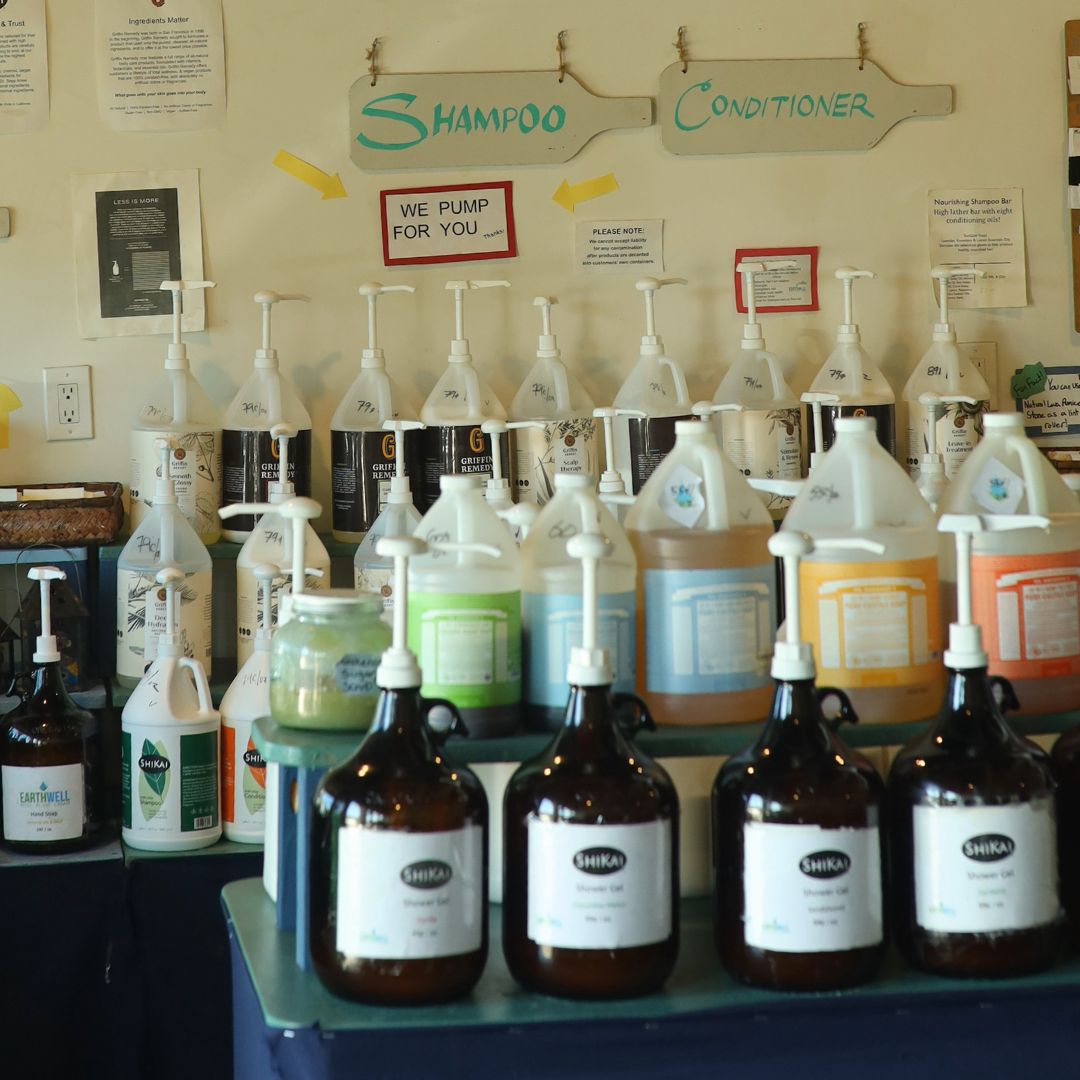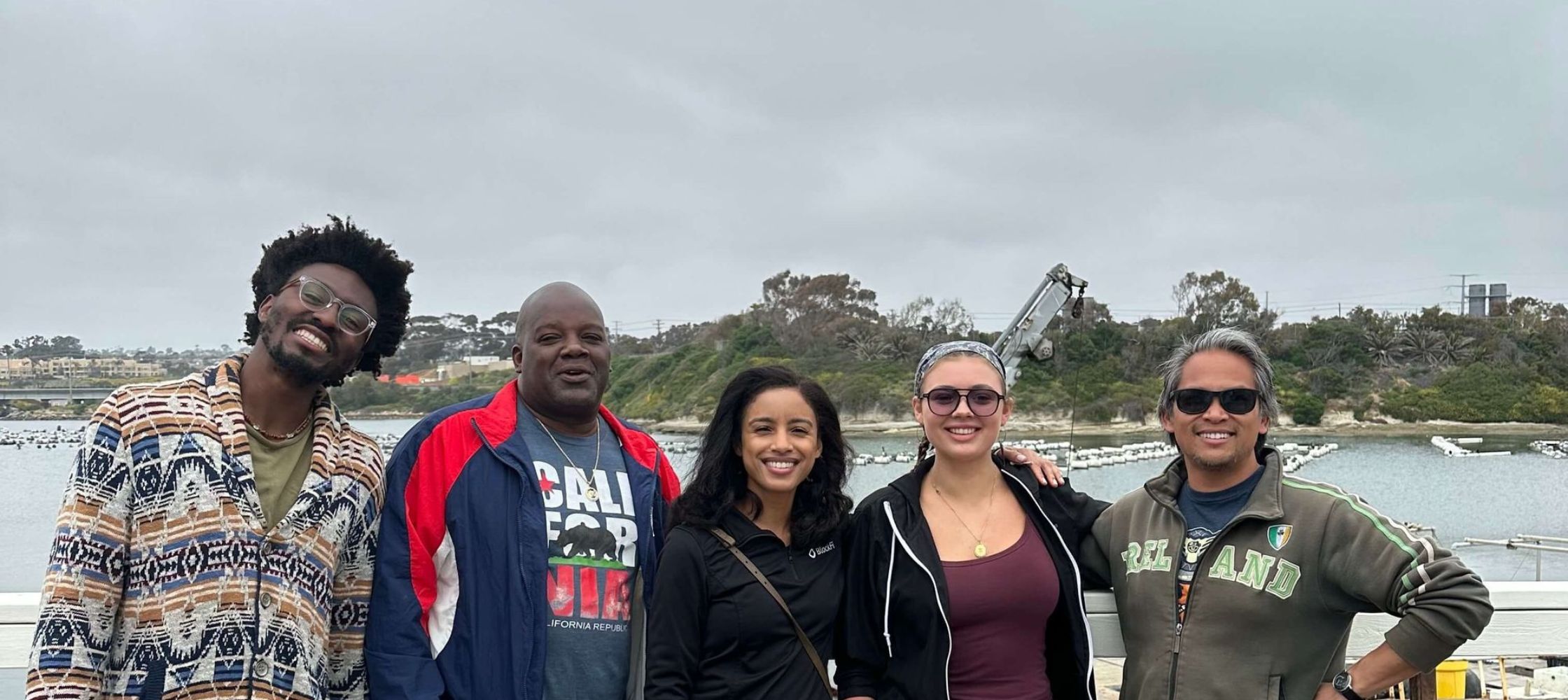By Citlallic Odemaris de Lucio Gomez, Teacher

The COVID-19 pandemic brought many challenges for people around the world, as well as some unique opportunities. Communities of Nayarit, Mexico responded with a plan for educational improvement and innovation. Teachers and principals explored new hands-on and outdoor teaching methods to address the problems facing society today. This year, many of our schools were enrolled in Ocean Connectors, which, through classroom presentations, activity booklets, and outdoor excursions, they educate and inspire young people to get closer to the sea and to take care of all its species. In addition, as part of the Ocean Connectors introduction, teachers participated in a workshop about the issue of plastic pollution. In the workshop, we were immersed in the topic of Environmental Education, and we studied the different ways in which we can motivate students to take care of the environment, and give them the tools, knowledge, and awareness to actively practice conservation.

After the workshop, we carried out a project with our third-grade students: How to create a sustainable vegetable garden at home. The project goals were for the students to learn how to grow, maintain and be responsible for their own vegetable garden, and to incorporate fresh vegetables into their diet. The students conducted an online investigation of the resources needed to build a home garden and collected all the materials. They learned that the health of our bodies is closely connected to the health of our planet. Through hands-on activities such as measuring the garden area, sowing seeds, composting, cleaning, installing fencing, transplanting plants, and harvesting fruits, it was possible to highlight how important it is to respect, value, and conserve our natural resources for ourselves and future generations. The participation of the students’ families wasalso encouraged, and they were motivated to continue learning through activities that involve all the senses.

A garden is an excellent resource to help students learn about their natural environment, how humans depend on it,and to put into practice attitudes and behaviors related to environmental stewardship. Through this community project, students were able to identify ways in which a garden can improve their health, and they also learned important lessons related to the scientific method and teamwork, which will benefit their schoolwork when we return to classroom instruction. As instructors, we were able to show our students and our coworkers how to process the knowledge built within the context of a home garden and to illustrate the connections between interdisciplinary subjects to achieve meaningful learning. At the end of the project, all the proposed objectives were achieved, which encouraged us to participate in this type of activity again.
On behalf of the teaching staff of the elementary school “Hombres Ilustres Nayaritas”, we thank Ocean Connectors for the training they provided, and for creating a high-quality environmental education program for the children of Nayarit.




